Elena Pinetti searches for dark matter using JWST calibration images that other researchers discard.



Every star that hangs upon the evening firmament will one day die, its lights snuffed and its fires cooling in the dwindling cosmic end times.
We don’t always know when, but for a binary star system around 150 light-years from Earth, a precise time of death has now been discovered. Some 23 billion years from now, the two white dwarf stars are destined to smash together.
At least, they would, if not for the fact both will be taken out before this fated merger by a spectacular explosion – a Type Ia supernova, one of the measuring sticks against which we gauge distance in the Universe.
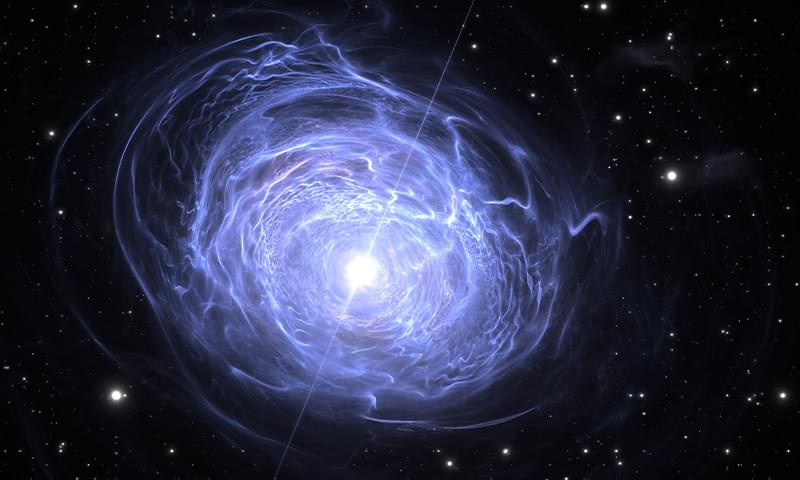
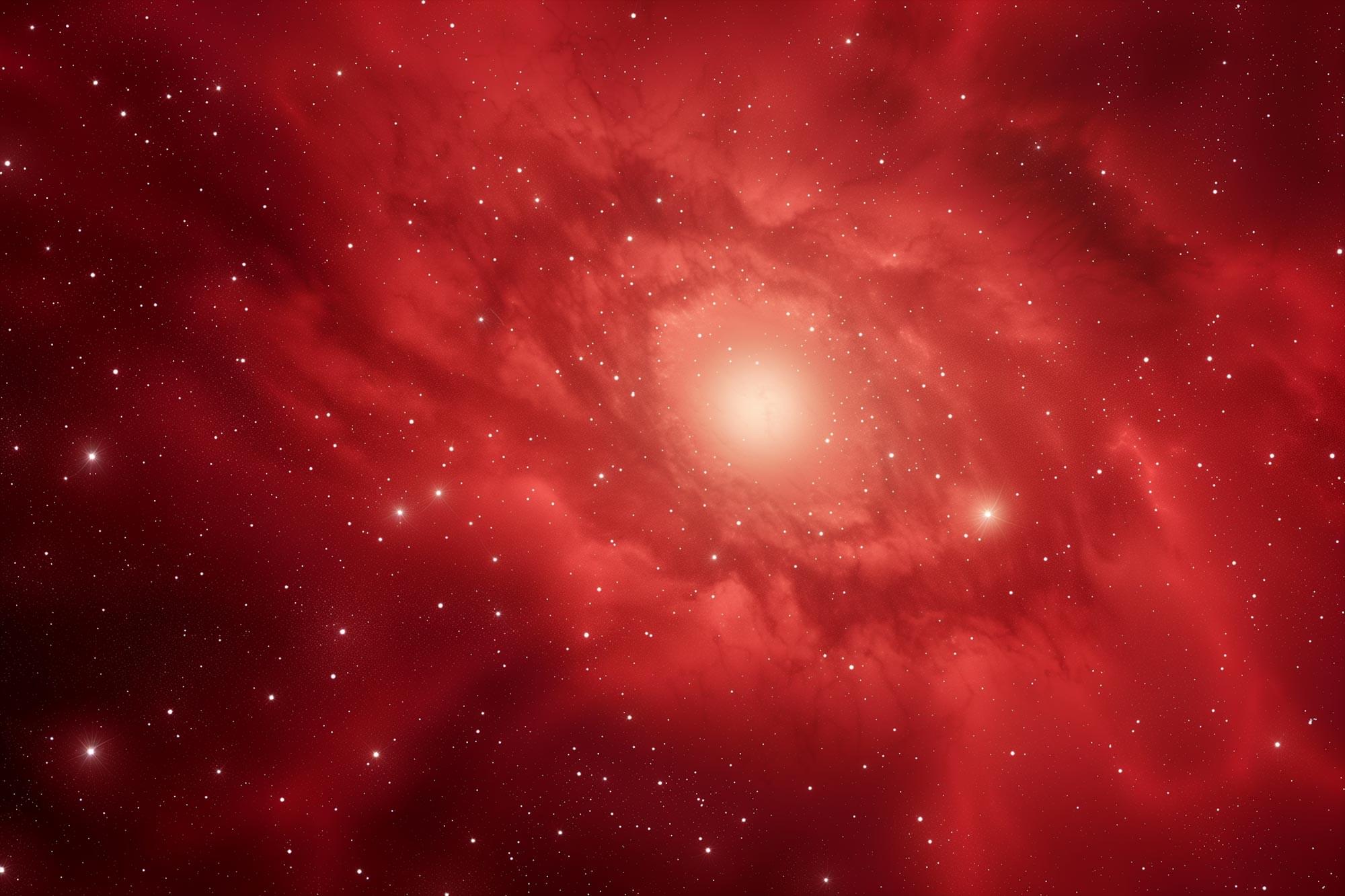
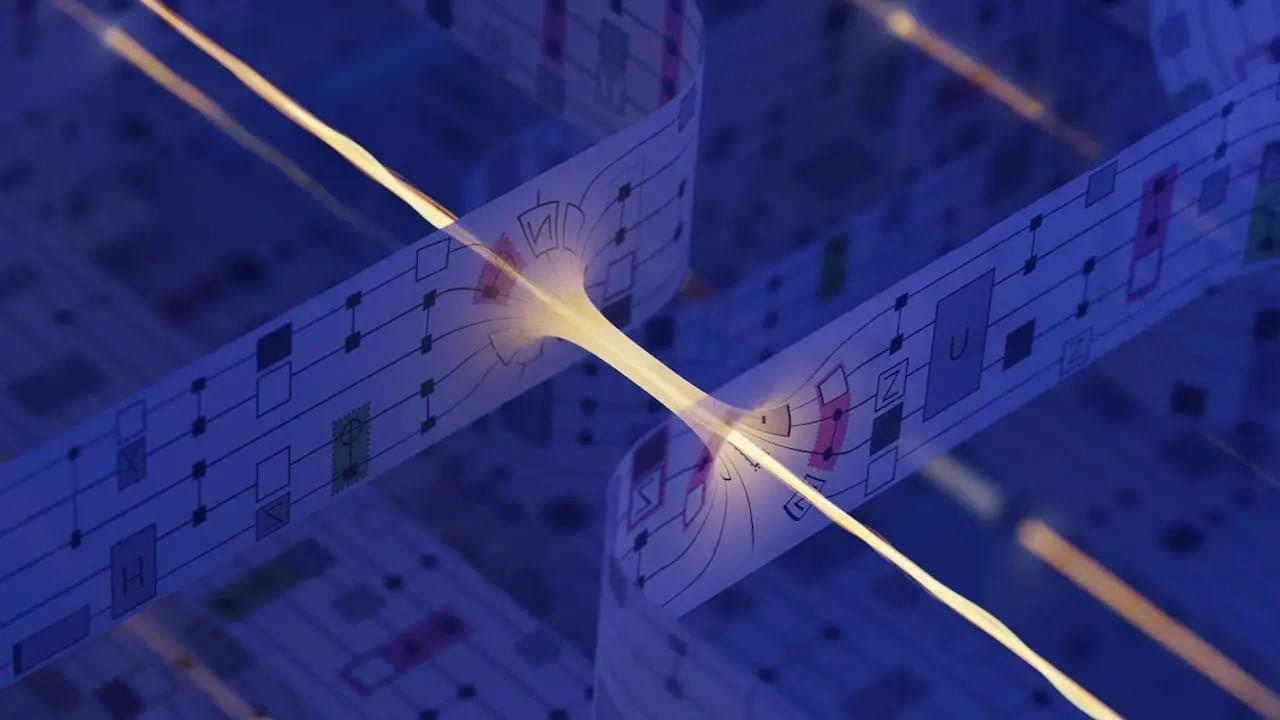
Researchers have announced a groundbreaking experiment that simulated a traversable wormhole using a quantum computer. While no physical rupture in space-time was created, the study offers a significant step toward understanding Einstein-Rosen bridges, theoretical constructs first described by Albert Einstein and Nathan Rosen. Published in the journal Nature, the findings represent a promising avenue for probing quantum gravity experimentally.
A Glimpse of Wormhole Dynamics
The experiment, conducted on Google’s Sycamore quantum processor, involved simulating two minuscule black holes connected by a tunnel-like space-time structure. A quantum message was transmitted between these points, and researchers observed behaviors consistent with wormhole-like dynamics. Study co-author Joseph Lykken, a physicist at Fermilab, remarked, “It looks like a duck, walks like a duck, and quacks like a duck,” indicating the simulation closely mimicked a theoretical wormhole.
Astronomers at the University of Warwick have made an exciting discovery—a rare, high-mass compact binary star system located just 150 light-years away in the Milky Way. This marks the first time such a system has been observed, offering valuable insights into the origins of type 1a supernovae.
Astronomers have confirmed a pair of white dwarfs on a collision course to become a type 1a supernova—the brightest cosmic explosion. This system, the heaviest of its kind ever identified, has a combined mass of 1.56 times that of the sun.
Separated by only 1/60th of the Earth-sun distance, the stars currently orbit each other in just over 14 hours. However, gravitational wave radiation will gradually draw them closer over billions of years. On the verge of their explosive end, the stars will orbit so rapidly that a single orbit will take only 30–40 seconds.
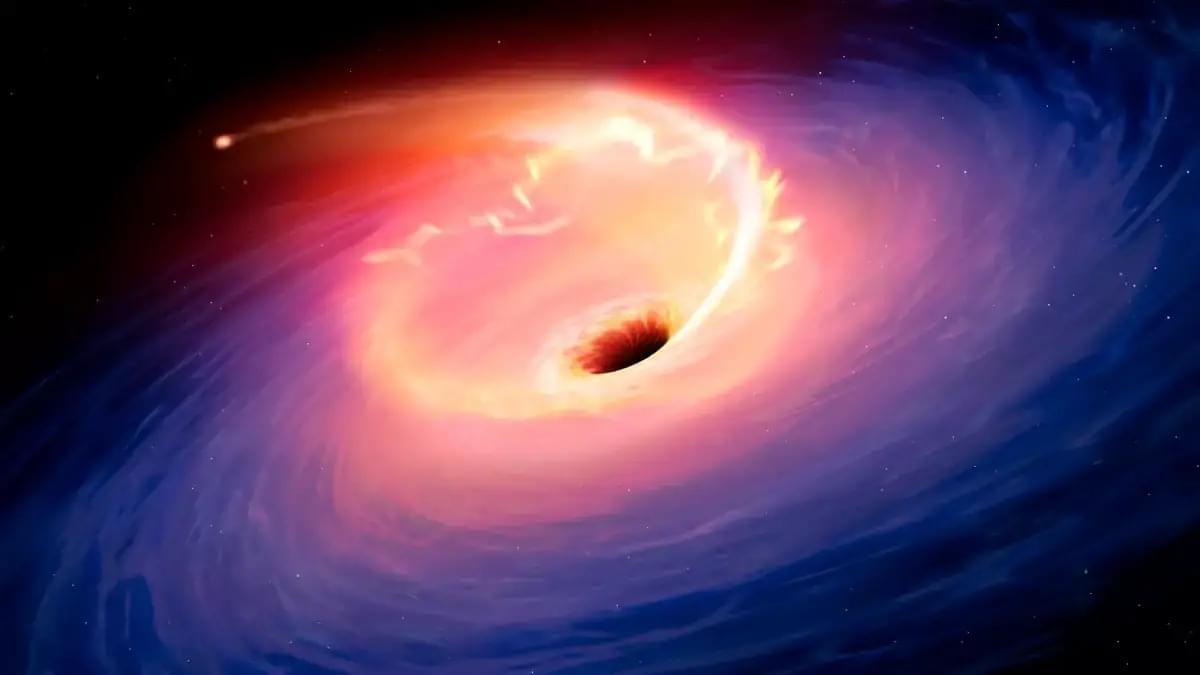
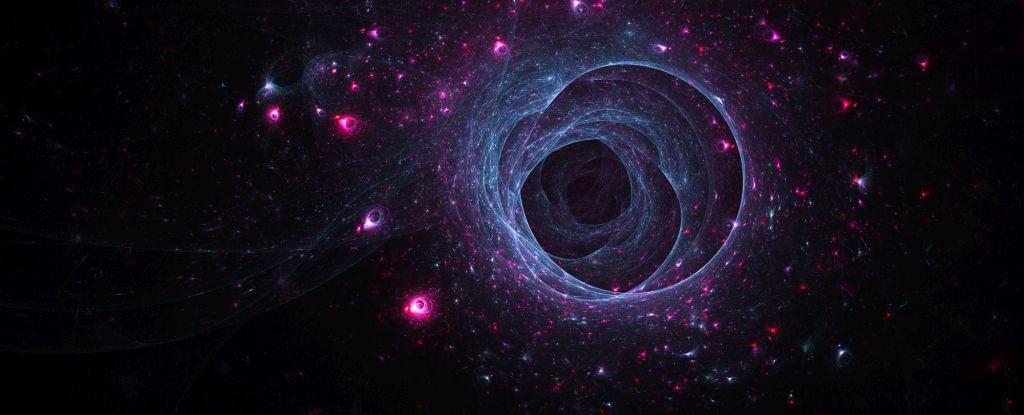
A pair of top quarks has been detected in the detritus spraying forth from the collision of two atoms of lead.
It’s the first time that this specific quark-antiquark pair has been spotted in a collision between two nuclei. The detection strengthens evidence that all six quark flavors existed at the dawn of time, in the soupy quark-gluon plasma thought to have suffused the Universe in the moments after the Big Bang.
This means that we’re a step closer to taking new measurements of this primordial soup, and gleaning new insights into how our Universe formed from the very beginning.
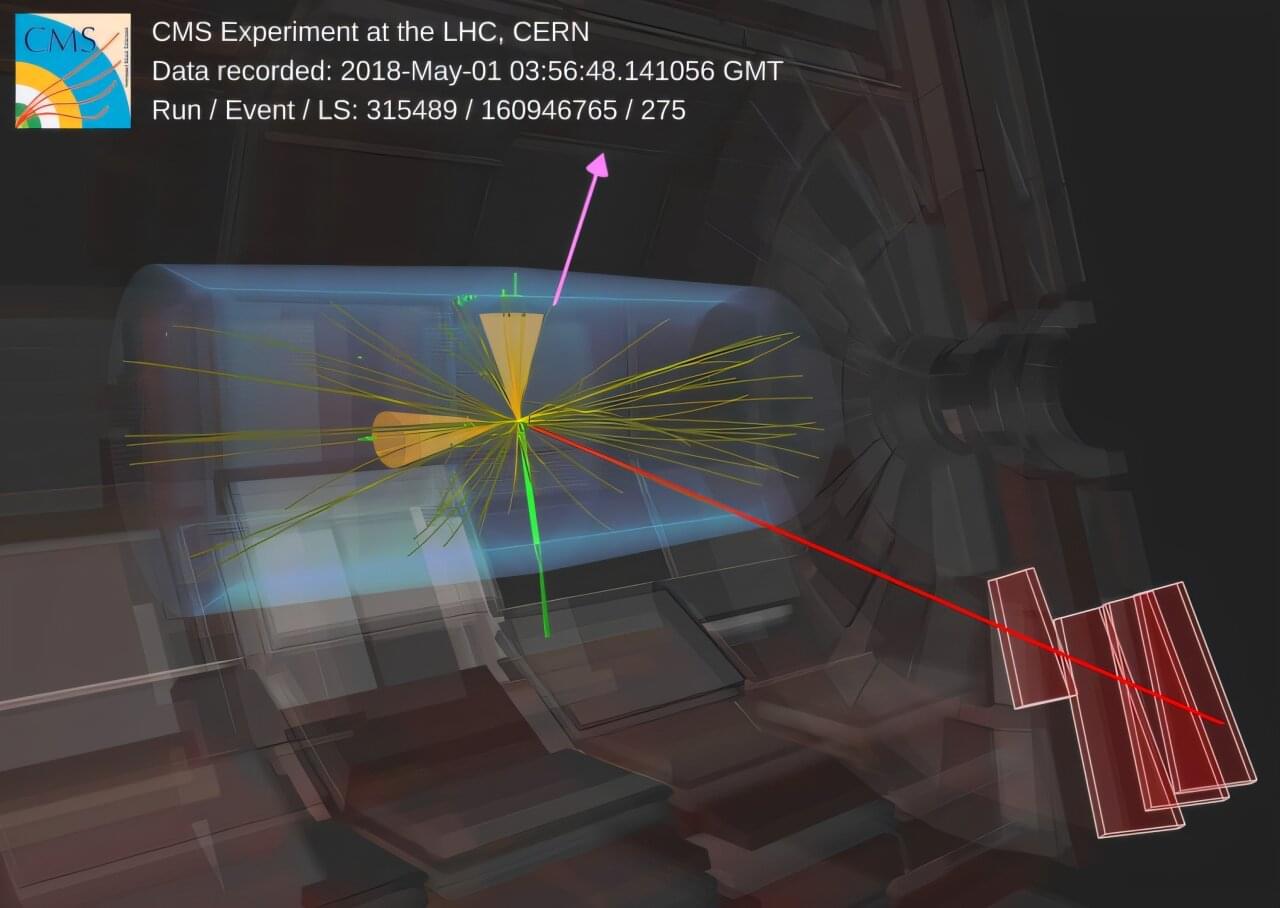
The CMS collaboration at CERN has observed an unexpected feature in data produced by the Large Hadron Collider (LHC), which could point to the existence of the smallest composite particle yet observed. The result, reported at the Rencontres de Moriond conference in the Italian Alps this week, suggest that top quarks—the heaviest and shortest lived of all the elementary particles—can momentarily pair up with their antimatter counterparts to produce an object called toponium.
Other explanations cannot be ruled out, however, as the existence of toponium was thought too difficult to verify at the LHC, and the result will need to be further scrutinized by CMS’s sister experiment, ATLAS.
High-energy collisions between protons at the LHC routinely produce top quark–antiquark pairs (tt-bar). Measuring the probability, or cross section, of tt-bar production is both an important test of the Standard Model of particle physics and a powerful way to search for the existence of new particles that are not described by the 50-year-old theory. Many of the open questions in particle physics, such as the nature of dark matter, motivate the search for new particles that may be too heavy to have been produced in experiments so far.
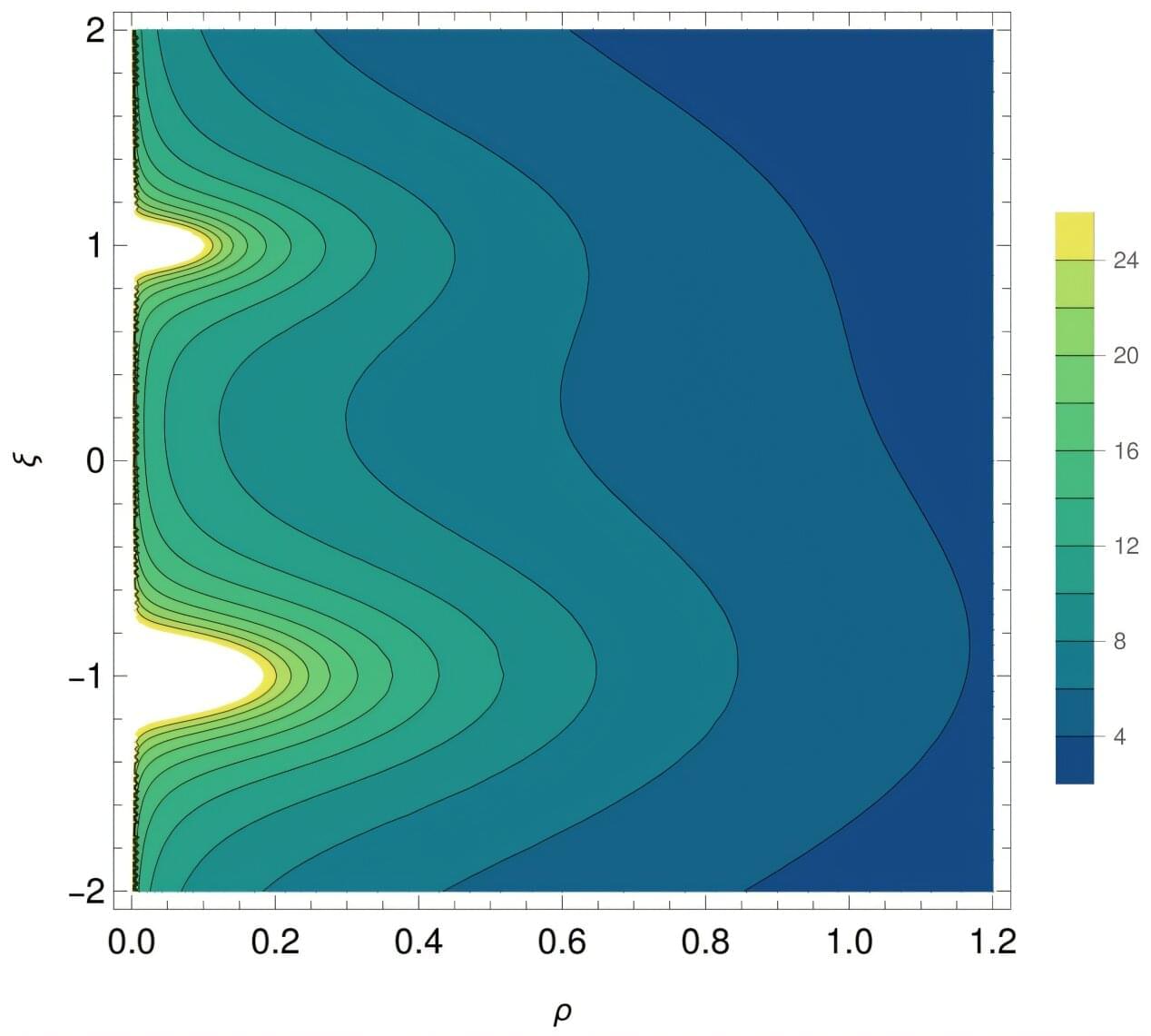
A team of physicists have discovered a new approach that redefines the conception of a black hole by mapping out their detailed structure, as shown in a research study recently published in Journal of High Energy Physics.
The study details new theoretical structures called “supermazes” that offer a more universal picture of black holes to the field of theoretical physics. Based in string theory, supermazes are pivotal to understanding the structure of black holes on a microscopic level.
“General relativity is a powerful theory for describing the large-scale structure of black holes, but it is a very, very blunt instrument for describing black-hole microstructure,” said Nicholas Warner, co-author of the study and professor of physics, astronomy and mathematics at the USC Dornsife College of Letters, Arts and Sciences. In a framework of theories extending beyond Einstein’s equations, supermazes provide a detailed portrait of the microscopic structure of brane black holes.